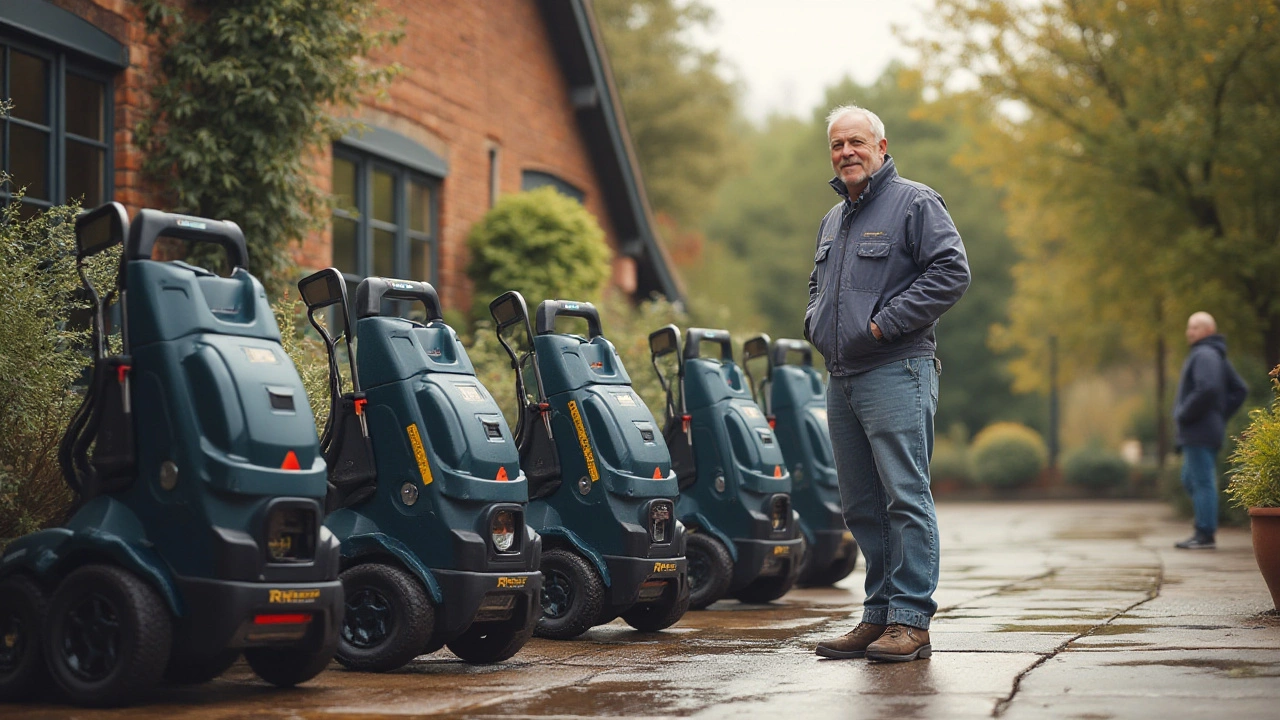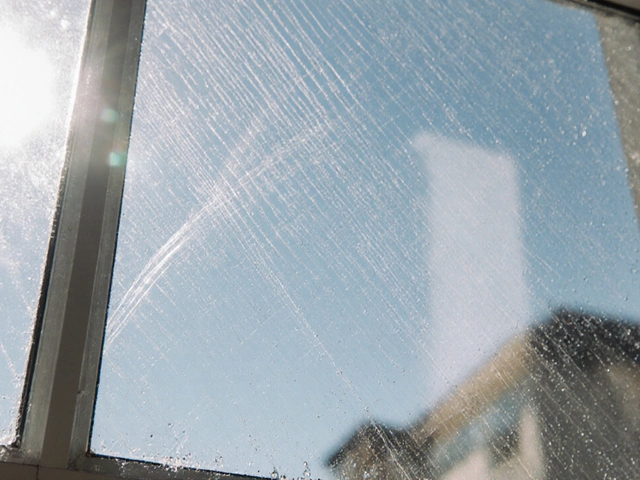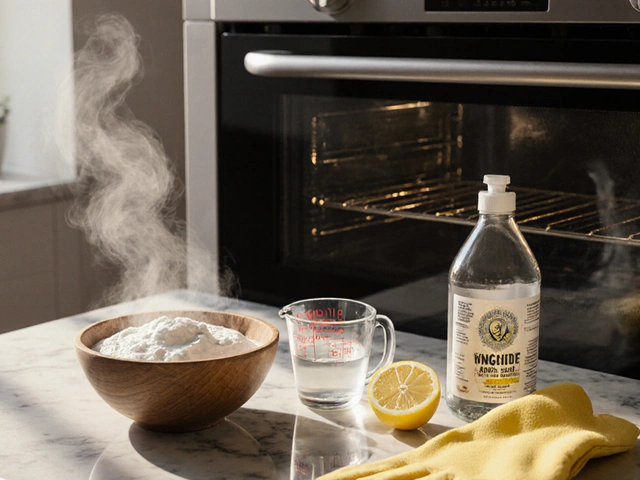Business Startup: Your Roadmap to a Successful Cleaning Venture
When talking about business startup, the process of turning an idea into a paying company, often from scratch. Also known as new business launch, it involves everything from market research to legal registration. Understanding the core steps helps you avoid costly missteps and keeps momentum high.
One popular niche is a pressure washing business, a service that uses high‑pressure water to clean outdoor surfaces such as driveways, decks and façade. Another related field is a home cleaning service, a business that offers regular or deep‑cleaning for residential interiors, often using eco‑friendly products. Both rely on the same fundamentals: a clear value proposition, reliable equipment, and a marketing plan that reaches local customers. By mastering these basics you set a solid foundation for any cleaning‑focused startup.
Profit margins are the lifeblood of any venture. In the cleaning sector, margins depend on three key factors: labor costs, equipment wear‑and‑tear, and chemical expenses. A typical pressure washing job can yield a 30‑40% margin if you price based on surface area and include travel time. For home cleaning, hourly rates plus a modest supply surcharge often produce similar returns. Tracking these numbers from day one lets you adjust pricing before cash flow gets tight.
Startup costs vary widely, but most cleaning businesses fall into a predictable range. A basic pressure washer costs between £150 and £500, while a full‑service kit—including hoses, nozzles and safety gear—can add another £200. For a residential cleaning service, you’ll need vacuum cleaners, microfiber cloths, eco‑friendly cleaners, and possibly a vehicle for transport. Don’t forget licensing, insurance and a simple website; those line items usually total £500‑£1,000 for a lean launch.
Key Considerations for a Cleaning‑Focused Business
Marketing is often the make‑or‑break element. Word‑of‑mouth still reigns in local services, so ask satisfied clients for reviews and encourage referrals with a discount code. Online, a Google My Business profile and a few targeted ads can boost visibility quickly. When you combine offline buzz with a tidy digital footprint, you create a feedback loop that drives more bookings.
Eco‑friendly cleaning is no longer a niche; many homeowners actively seek non‑toxic solutions. Offering a natural‑cleaning package—think baking soda, vinegar and lemon—adds differentiation and allows you to charge a premium. It also aligns with regulatory trends that push for greener chemicals in commercial settings.
Finally, scale wisely. Start with a single service line, master it, then expand into complementary areas like window cleaning or gutter maintenance. Each addition should follow the same profit‑margin analysis and equipment audit you used for the original offering. This step‑by‑step growth keeps risk low while broadening your market reach.
Below you’ll find a curated collection of articles that break down these topics in detail—profit calculations, equipment guides, marketing tactics and eco‑friendly recipes—so you can move from planning to profit faster.





